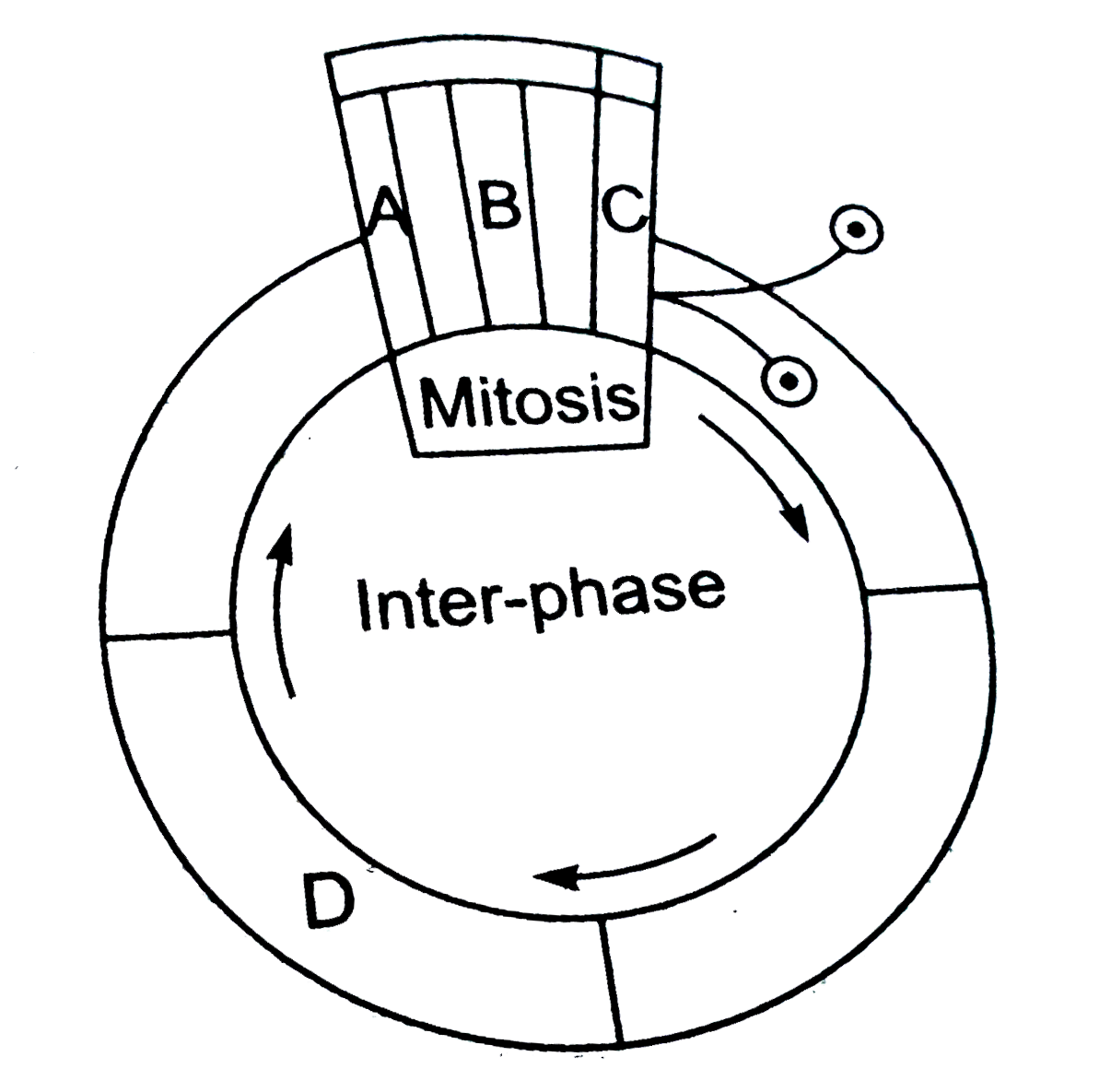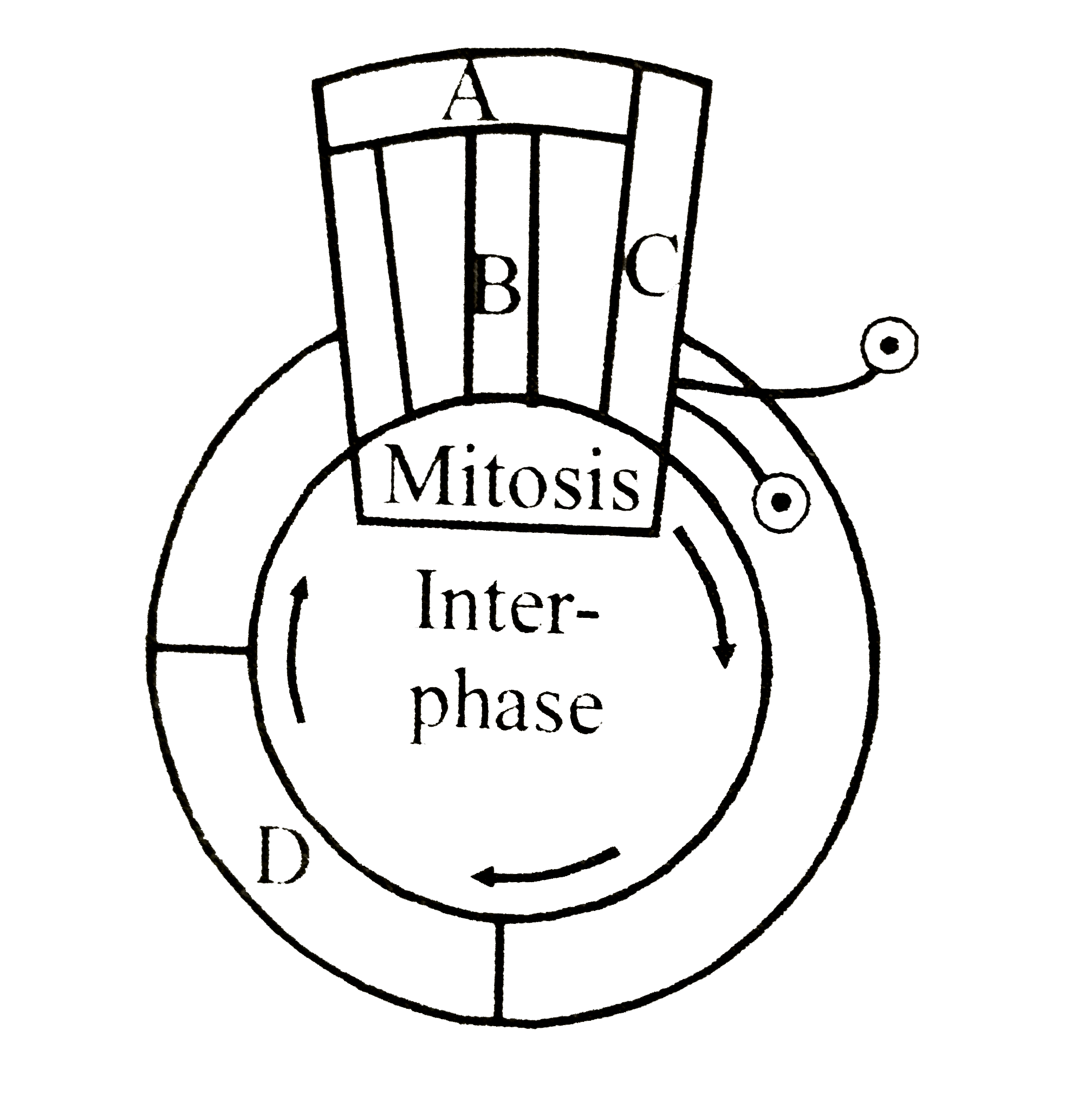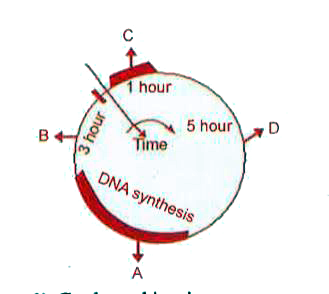In which of the following group all the organisms lack motle stages in the life cycle?
Chlamydomonas,Ulothrix,Sargassum
Chondrus,Gelidium,Batrachospermum
Chlorella,Polysiphonia,Volvox
All of the above
The correct Answer is:B
To determine which group of organisms lacks motile stages in their life cycle, we can analyze the given options step by step:
Step 1: Understand the Question
The question asks for a group of organisms where all stages in the life cycle are non-motile. This means that neither the organisms themselves nor their reproductive cells (gametes) can move.
Step 2: Analyze Each Option
1. Chlamydomonas, Urethrix, Sargassum
- Chlamydomonas is a green alga that has motile stages (flagellated gametes).
- Urethrix is also motile.
- Sargassum, a brown alga, has motile gametes.
- Conclusion: This option contains motile organisms.
2. Chondrus, Gelidium, Batrachospermum
- Chondrus and Gelidium are both red algae (Rhodophyceae).
- Batrachospermum is also a member of the red algae group.
- Members of Rhodophyceae have non-motile gametes.
- Conclusion: This option likely contains non-motile organisms.
3. Chlorella, Polysiphonia, Volvox
- Chlorella is a green alga with non-motile cells but has motile stages in some species.
- Polysiphonia is a red alga with non-motile gametes.
- Volvox is a green alga that has motile flagellated cells.
- Conclusion: This option contains motile organisms.
4. All of the above
- This option implies that all previous groups lack motile stages, which we have already disproved.
- Conclusion: This option cannot be correct.
Step 3: Identify the Correct Answer
From the analysis, the only group that consists entirely of organisms with non-motile stages in their life cycle is Chondrus, Gelidium, and Batrachospermum (Option 2). These are all members of the Rhodophyceae (red algae), which are known for having non-motile gametes.
Final Answer
The correct answer is Option 2: Chondrus, Gelidium, Batrachospermum.
---
The question asks for a group of organisms where all stages in the life cycle are non-motile. This means that neither the organisms themselves nor their reproductive cells (gametes) can move.
1. Chlamydomonas, Urethrix, Sargassum
- Chlamydomonas is a green alga that has motile stages (flagellated gametes).
- Urethrix is also motile.
- Sargassum, a brown alga, has motile gametes.
- Conclusion: This option contains motile organisms.
- Chondrus and Gelidium are both red algae (Rhodophyceae).
- Batrachospermum is also a member of the red algae group.
- Members of Rhodophyceae have non-motile gametes.
- Conclusion: This option likely contains non-motile organisms.
- Chlorella is a green alga with non-motile cells but has motile stages in some species.
- Polysiphonia is a red alga with non-motile gametes.
- Volvox is a green alga that has motile flagellated cells.
- Conclusion: This option contains motile organisms.
- This option implies that all previous groups lack motile stages, which we have already disproved.
- Conclusion: This option cannot be correct.
From the analysis, the only group that consists entirely of organisms with non-motile stages in their life cycle is Chondrus, Gelidium, and Batrachospermum (Option 2). These are all members of the Rhodophyceae (red algae), which are known for having non-motile gametes.
The correct answer is Option 2: Chondrus, Gelidium, Batrachospermum.
Topper's Solved these Questions
- PLANT GROWTH AND DEVELOPMENT AND PLANT MOVEMENTS BOOK - TRUEMEN BIOLOGY ENGLISHCHAPTER - PLANT GROWTH AND DEVELOPMENT AND PLANT MOVEMENTS EXERCISE - MULTIPLE CHOICE QUESTIONS
158 Videos
- Plant Morphology & Reproduction BOOK - TRUEMEN BIOLOGY ENGLISHCHAPTER - Plant Morphology & Reproduction EXERCISE - ASSERTION AND REASON
64 Videos
Similar Questions
Knowledge Check
Which of the following groups produce seeds but lack flowers?
AbryophytesBfungiCpteridophytesDgymnosperm
Which one of the following shows the last diploid stage in the life cycle of angiosperms ?
View SolutionWhich of the following algal groups has no motile stage
View SolutionGiven below is a schematic break-up of the phases/stages of cell cycle. Which one of the following is the correct indication of the stage/phase in the cell cycle?

View SolutionGiven below is a schematic break-up of the phases/stages of cell cycle. Which one of the following is the correct indication of the stage/phase in the cell cycle?

View SolutionGiven below is a schematic break-up of the phases/stages of cell cycle :-

Which one of the following is the correct indication of the stage/phase in the cell cycle?
View SolutionGiven below is a schematic break up of the phases/stages of cell cycle which one of the following is the correct indication of the stage/phase in the cell cycle

View SolutionWhich of the following is a monogenetic parasite (has only host in its life cycle) ?
View Solution
